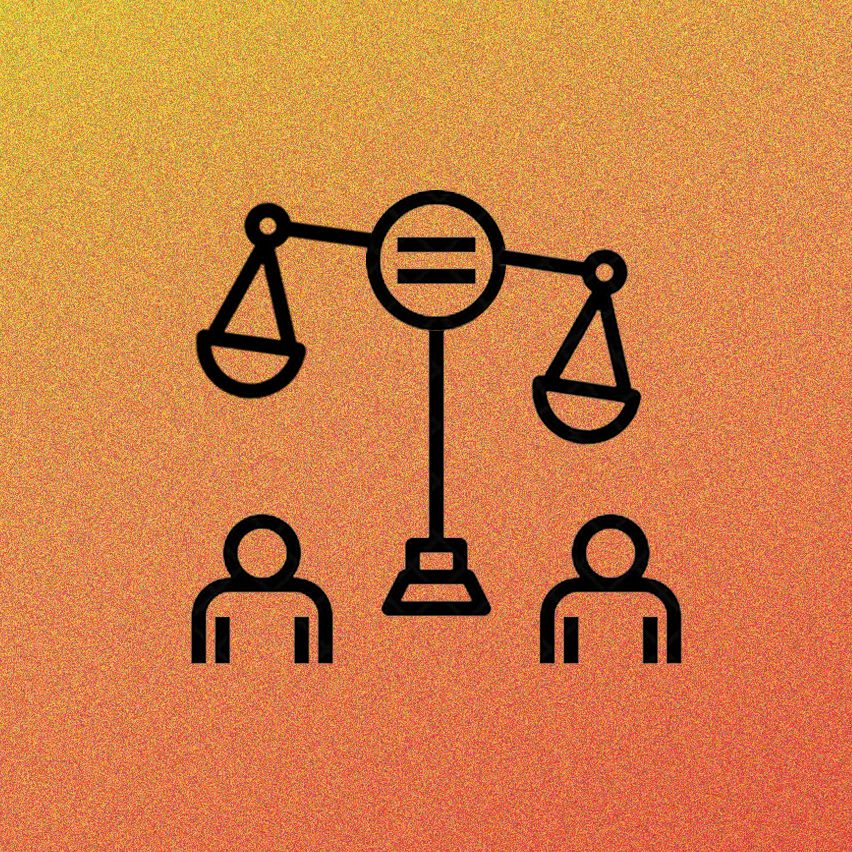

When it comes to hiring, leave the tribe mentality at the football game. There are unbiased ways to hire great talent. Don’t let similarity cloud your judgment. It’s easy to fall prey to the affinity bias because after all, we want to like the people we work with. This level of focus and uniformity in the interview process helps find those who will be more successful while rooting out common causes of bias. The best way to interview is to develop a strongly structured interview process that asks all candidates the same job-relevant questions and provides a clear rating scheme for judging the quality of the response. If they aren’t, it leaves chances for irrelevant information to contaminate our judgment. Interview questions should always be job-related. We design a Performance Fingerprint-based on the client’s data, so when someone looks like a high-quality candidate, it is because their psychographic DNA correlates strongly with job performance, not because they attended the same college. Build a scientifically-based hiring process, as the one PerceptionPredict provides, that focuses on local validation to define an unbiased method for identifying who is most likely to be successful in a job. Recruiters and hiring managers will at first feel uncomfortable without a resume in hand, but there are much better ways to predict job performance. Instead, avoid the urge to build your first impression on the resume, and instead postpone the resume review until you are screening in final candidates vs. Recruiters and hiring managers can find those affinity bias-triggering similarities, right there in that document. Place much less emphasis on the resume.Here are three ways to defeat affinity bias In hiring: 3 Steps to Defeat Affinity Bias in Hiring

It is a vicious cycle that has led many US-based companies into the low diversity situation they want to fix. After we hire them, we continue to turn to them for stretch opportunities, promotions, and more. In short, we tend to trust those who are more like us. This excellent video helps navigate the problem, not just for hiring but many other talent management activities. When we make talent decisions based on similarity, we are absolutely killing any chance to build workforce diversity.If you aren’t careful, you will hire a team of Georgia Bulldog fans that you enjoy right up until the point when you realize how poorly perform. Sure you might have similar backgrounds, but does this person have the right personality for the role, good decision-making skills, or mastery of the requisite skills? When we favor people due to their similarity, we aren’t evaluating them on their talent potential.In practice, affinity bias means we tend to hire and promote people who are similar to us, and this has two serious consequences: What Does Affinity Bias Mean for My Business? The affinity bias can be a powerful and destructive force in the workplace, as it attracts us to people similar to ourselves. Many resources on the internet define it, but this HBR article describes it nicely in the hiring context: “Affinity bias - having a more favorable opinion of someone like us - is one of the most common.” In hiring, affinity bias “.often means referring or selecting a candidate who shares our same race or gender, or who went to the same school, speaks the same language, or reminds us of our younger selves.”

Parallels in cultural background, education, parenthood, or a past employer might make someone an ideal friend, but they should not inherently inspire confidence in a person’s potential job performance. Common ground can be a healthy thing to focus on, but the hiring process is not about bonding. It’s only natural to gravitate towards those we relate to. At this point, I had to deliver tough love and introduce my friend to the affinity bias. Her candidate was like her mirror image! But when I asked more detailed questions about skills, experience, and work style, the answers were much less impressive. On top of going to the same college, I found out that they both had similarly aged children, loved yoga, and underwent the same study-abroad program. Was attending the same college just the cherry on the top of a truly perfect fit, or was that sneaky unconscious bias at play? Example of Affinity Bias in HiringĪs an I/O Psychologist and someone who has waded through the science of hiring for 20 years, I decided to ask a few more questions about her potential new hire. I couldn’t help but feel something was off. I wanted to be excited for her because hiring great talent can be a tough business, and she desperately needed support. After a relatively short search for an Accounting Manager, I was impressed that she had struck the talent jackpot so soon. “And we are both Georgia Bulldogs!” my friend exclaimed, celebrating her most recent interview.


 0 kommentar(er)
0 kommentar(er)
